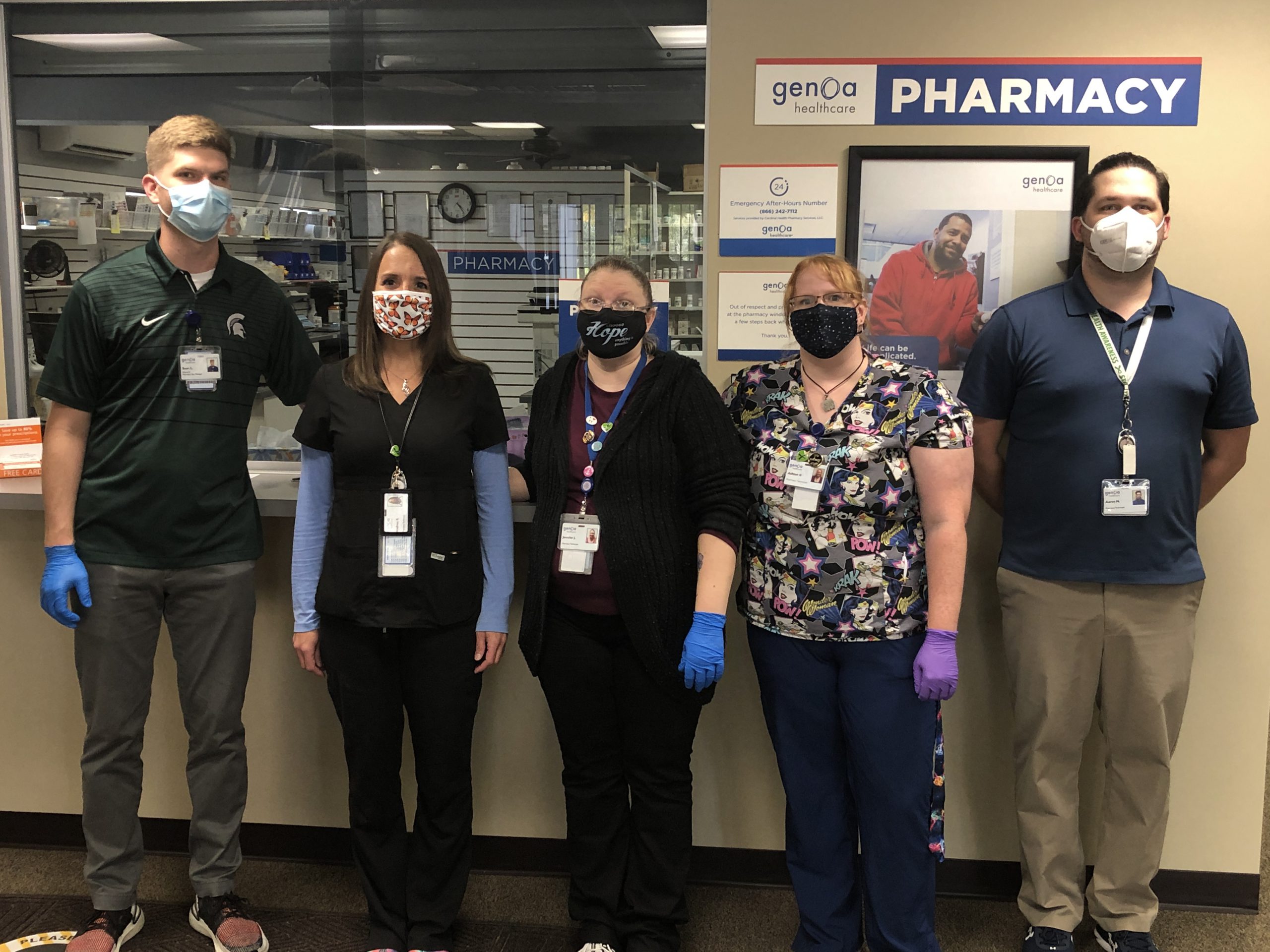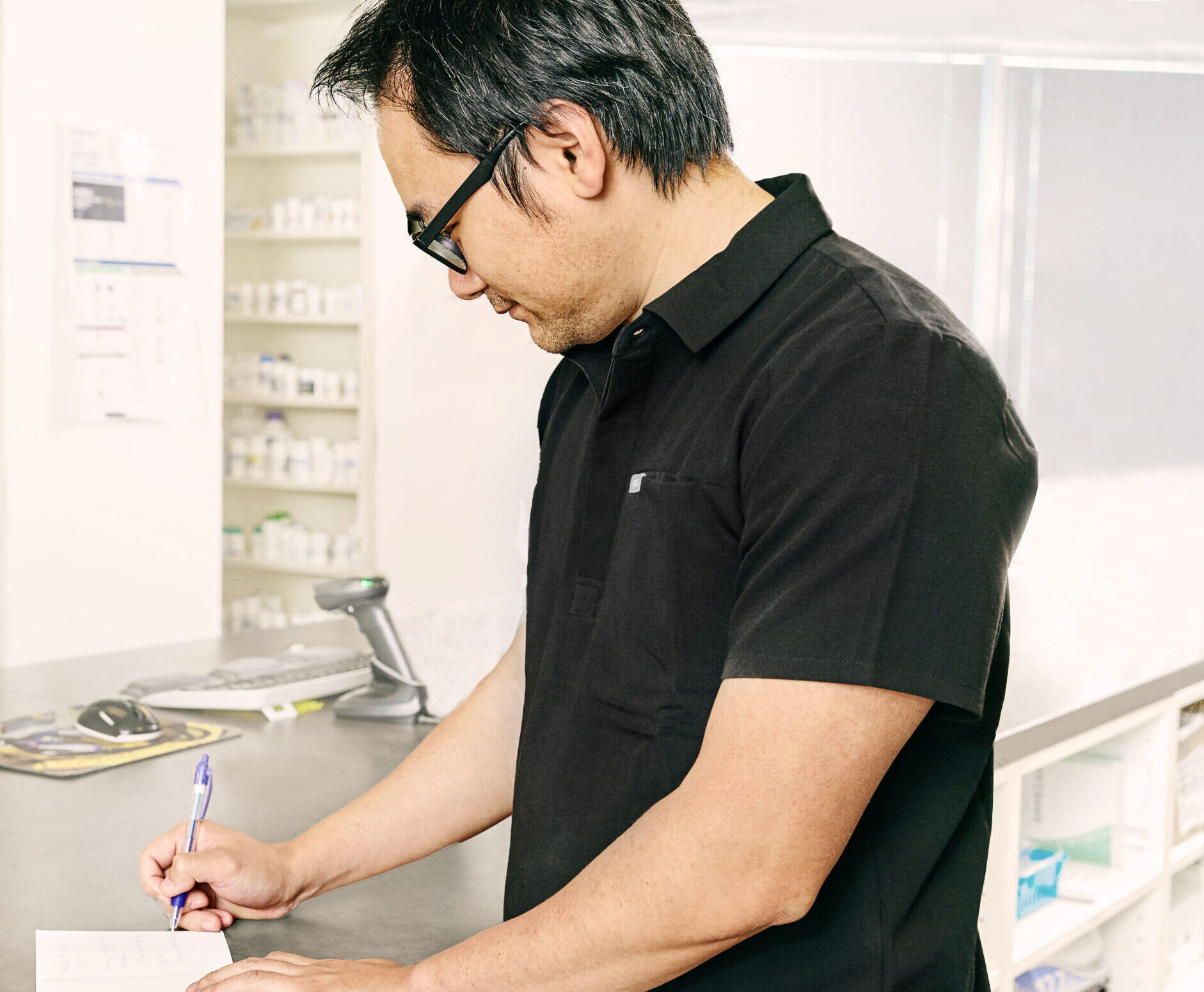It started out as a normal day at the Lapeer, Michigan, Genoa Healthcare® pharmacy. Soon after opening, however, the pharmacy received a sobering call from a consumer that put everything into focus.
The consumer thanked the team for sending him a birthday card in the mail. He explained that his grandmother passed away just a few days before his birthday in July. When he didn’t receive a birthday card from her, like he did every year, he felt alone and was experiencing suicidal thoughts.
For this consumer, receiving a birthday card and finding out someone cared meant everything. In his words, it saved his life.
Seemingly small, everyday gestures of kindness and love – like receiving a check-in call from a friend or reading a birthday card from someone who cares – can have a huge impact when it comes to feelings of self-worth and well-being, according to research from Penn State University.
The study found that people who experienced frequent, brief moments of love and connection in everyday life “also had significantly higher levels of psychological well-being, which includes feelings of purpose and optimism,” compared to those who did not often experience these moments. If you or someone you know is thinking about suicide or would like emotional support, call the Suicide and Crisis Lifeline at 988. You can also find additional resources on SAMHSA.gov.
The Lapeer pharmacy team realized their efforts to write and send a simple card to each consumer on their birthday – a task that often feels mundane or monotonous – had a huge effect on this consumer.

Many Genoa pharmacy teams and consumer medication coordinators (CMCs) write birthday cards to their consumers as a way to keep in touch and show that they have someone in their life that cares about them. CMC Charity Adams has been serving her community for nearly 10 years and loves to get to know her consumers on a personal level. She said consumers often call her when they receive the cards – sometimes noting that it was the only card they’ve received in years.
Beyond showing care through handwritten notes, Adams also recalled a recent consumer who was in need of new shoes.
“He’d been wearing floppy ones with no shoelaces. I told him I would find him shoes,” Adams said. “He didn’t believe it and said that no one would just give him shoes, but I told him to trust me.”
After reaching out to a few people to gather some shoes in his size, Adams had several pairs of shoes for the consumers to choose from.
“He was blown away and thanked me so many times,” said Adams. “He just sat down in the lobby and took his old shoes off, threw them way and put the new ones on.”
For Adams, this was just another day at the clinic – she said interactions like this happen all the time, and that the relationships she’s able to make with consumers make a difference in her life, too.





